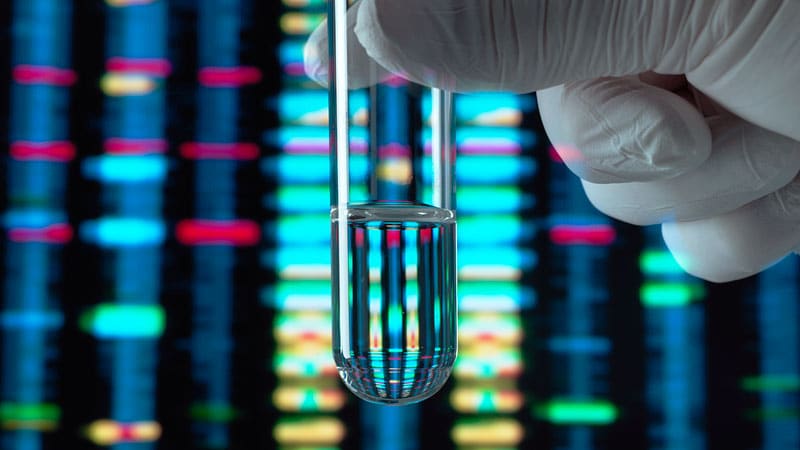First-in-Human Trial of CRISPR-Based Gene Therapy for HIV Demonstrates Safety and Promising Results
The content describes the results of the first-in-human trial of a CRISPR-Cas9 gene therapy for HIV treatment. The therapy, called EBT-101-001, was delivered intravenously using an adeno-associated virus 9 vector and aimed to target the latent HIV proviral genome.
The trial enrolled six patients split into two dose-level groups. Four of the six participants had their antiretroviral therapy interrupted at 12 weeks after the infusion. The results showed:
- No off-target DNA damage was identified so far.
- HIV RNA levels rebounded in all four participants who had antiretroviral interruption, but one patient had a delayed rebound of almost 16 weeks along with a significant drop in the HIV reservoir, which was described as the most promising result.
- None of the patients had acute retroviral syndrome during the treatment interruption.
- There were no serious adverse events, although nine low-grade treatment-emergent adverse events were observed in the six patients.
The researchers noted that the small study showed "quite varied decreases" in the HIV latent reservoir among participants, and highlighted the importance of designing CRISPR guide RNA sequences that are highly conserved across all HIV subtypes to develop a globally applicable HIV gene therapy. They also suggested that people with a smaller, simpler reservoir and consistent antiretroviral therapy may be more likely to benefit from this approach.
Kustomisasi Ringkasan
Tulis Ulang dengan AI
Buat Sitasi
Terjemahkan Sumber
Ke Bahasa Lain
Buat Peta Pikiran
dari konten sumber
Kunjungi Sumber
www.medscape.com
First-in-Human Trial of CRISPR Gene Therapy for HIV
Wawasan Utama Disaring Dari
by Richard Mark... pada www.medscape.com 07-30-2024
https://www.medscape.com/viewarticle/first-human-trial-crispr-gene-therapy-hiv-2024a1000dx5
Pertanyaan yang Lebih Dalam
